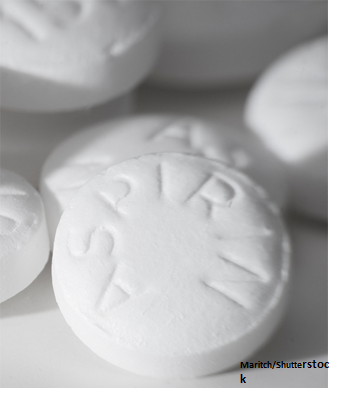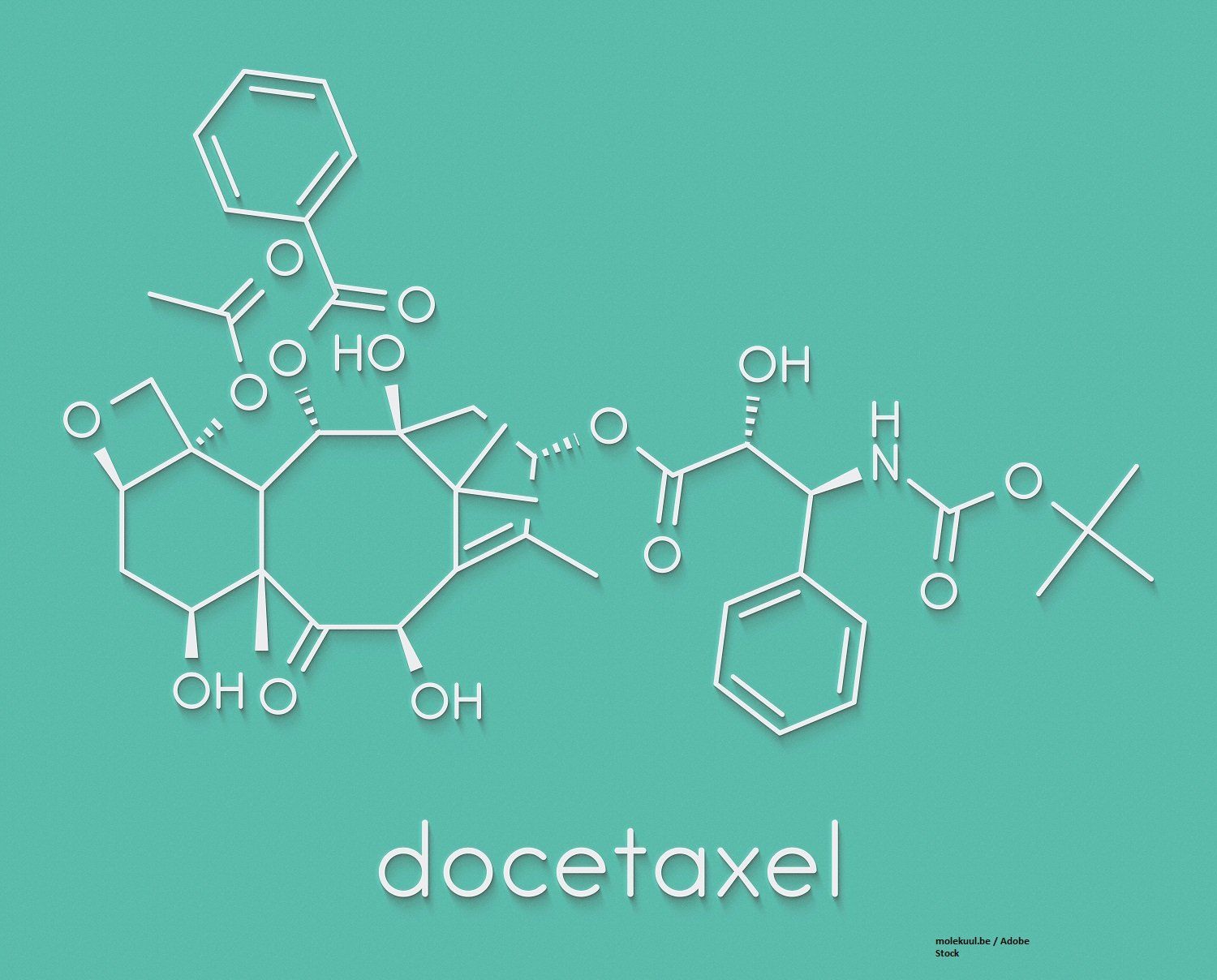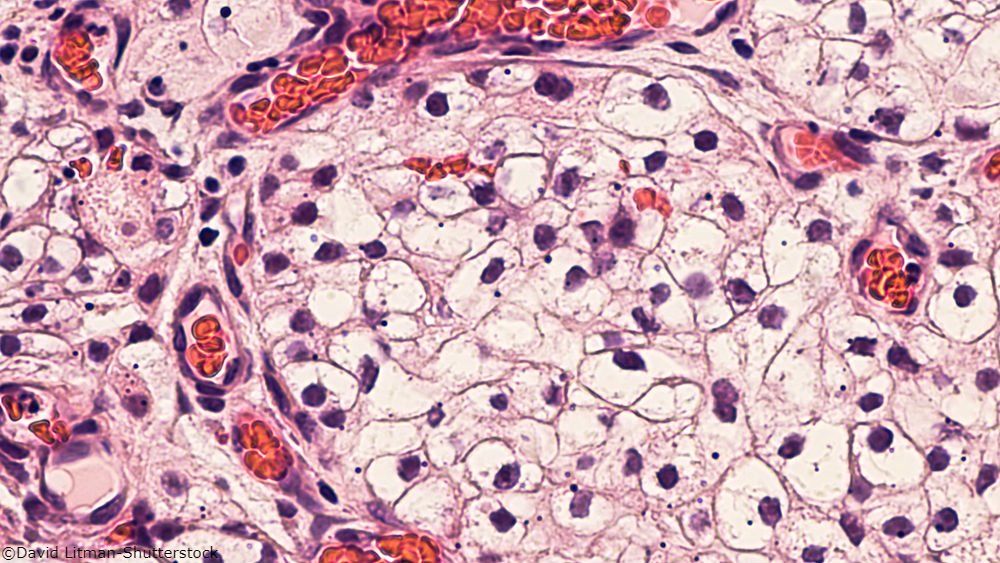
Genitourinary Cancers
Latest News
Latest Videos

CME Content
More News
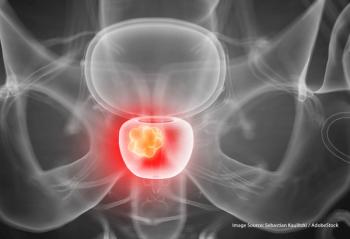
The results of the double-blind, phase III trial were presented at the 2019 ASCO Genitourinary Cancers Symposium.
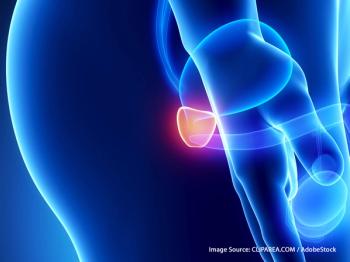
Do race, income level, geographic location, and type of specialist influence treatment of metastatic castration-resistant prostate cancer?
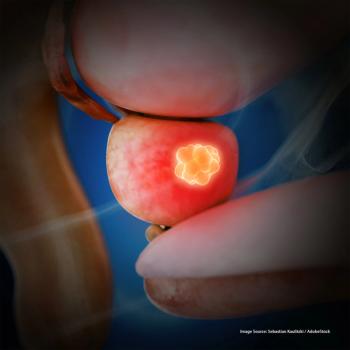
A new study published in the Journal of Clinical Oncology reported on the clinical implications of gDDR genes.
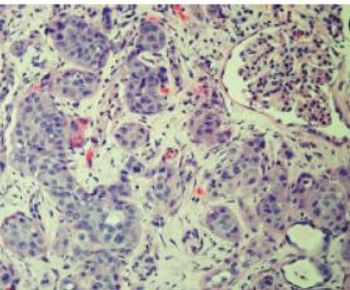
A 64-year-old man is diagnosed with primary squamous cell carcinoma within the upper pole calyceal diverticulum of the kidney. What are the best steps of management?

Researchers identified two germline pathogenic variants in CHEK2 that may account for a minority of men diagnosed with testicular germ cell tumors.

Cancer Network spoke with Dr. Petros Grivas about emerging immunotherapy approaches for the treatment of advanced urothelial cancer.
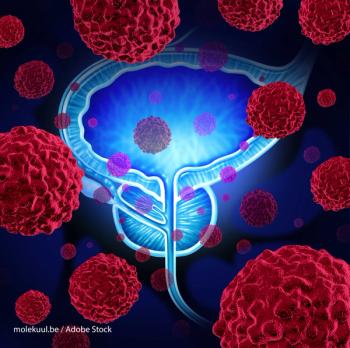
An analysis of a large, phase III trial investigated a potential surrogate endpoint for survival outcomes in prostate cancer patients receiving ADT.

Cancer Network spoke with Dr. Daniela Molena about the advancements in the treatment of esophageal cancer, including the safety and importance of endoscopic resection for the disease.

Cancer Network spoke with Dr. Bassel El-Rayes about novel strategies on the horizon for pancreatic cancer during the 2019 ASCO Gastrointestinal Cancers Symposium.

Cancer Network spoke with Dr. Hirva Mamdani about the role and efficacy of adjuvant durvalumab in patients with Esophageal/GEJ Cancer.
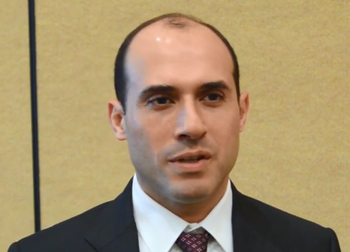
Cancer Network spoke with Dr. Ahmed Kaseb about a phase II pilot trial of perioperative immunotherapy for resectable HCC and how the results could change future perioperative treatment of the disease.

In this review, we discuss known data and the differences between the different immune checkpoint inhibitors, as well as future avenues to explore with immuno-oncologic agents in urothelial cancer.
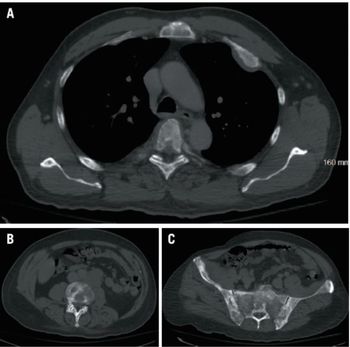
In this case, we examine a 49-year-old man with widespread metastatic sclerotic bone lesions. What is your diagnosis?
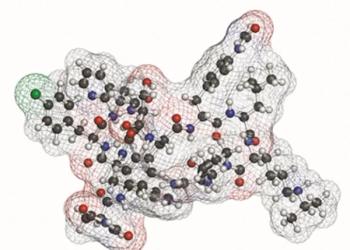
This article reviews the mechanism of action between GnRH agonists and antagonists and the studies that led to the approval of degarelix, as well as its potential risks and benefits, particularly when it comes to cardiovascular health.
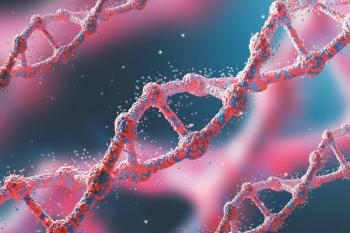
In this side of the Point/Counterpoint, Drs. Bernard and Flaig state that genomic testing should be routine in the management of prostate cancer patients.
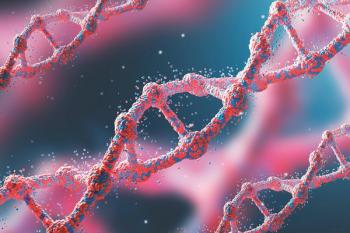
In this side of the Point/Counterpoint, Drs. Kelly and Knudsen state that limitations exist for guiding therapeutic treatment with genomic testing in prostate cancer patients.
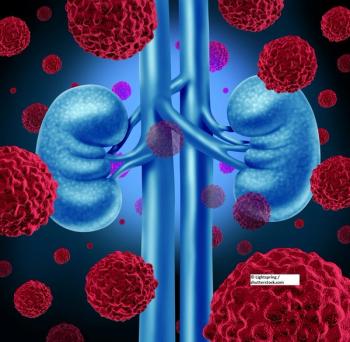
Delayed dose escalation may be an option for mRCC patients with concerns about drug-related toxicity or quality of life optimization.
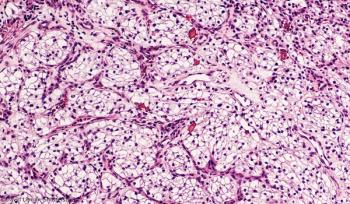
A study found the gene mutations key in patients treated with first-line TKIs, and useful additions to a risk model that stratifies patients with mRCC.
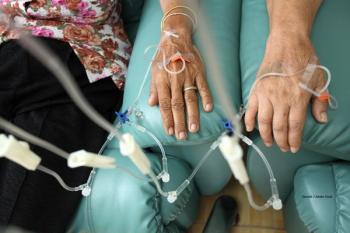
Several factors, including race, insurance, and type of facility, were associated with delays in neoadjuvant chemotherapy treatment for bladder cancer patients.

A recent study in JAMA Oncology compared survival for various multi-modality approaches for treating aggressive prostate cancer.
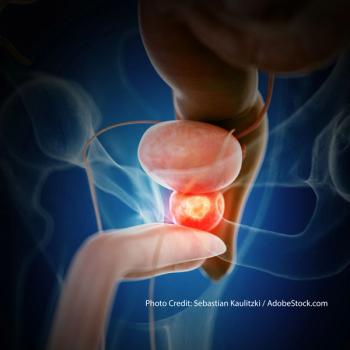
Researchers examined whether a higher Gleason score impacts the efficacy of androgen deprivation therapy.
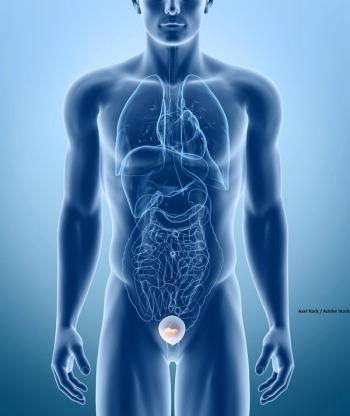
A new study compared two chemotherapy/radiotherapy approaches with regard to distant metastasis–free survival in bladder cancer.
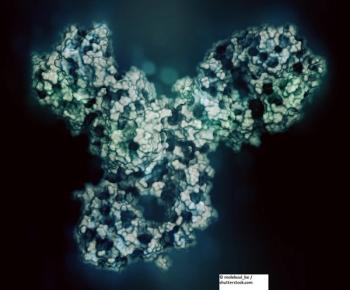
The PURE-01 study showed that neoadjuvant pembrolizumab before surgery could downstage disease in muscle-invasive bladder cancer patients.
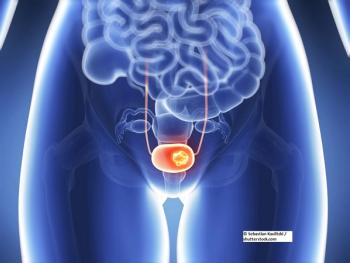
Extended follow-up from the CheckMate 032 trial showed strong results with three different immunotherapy regimens involving nivolumab and ipilimumab in patients with previously treated metastatic urothelial carcinoma.
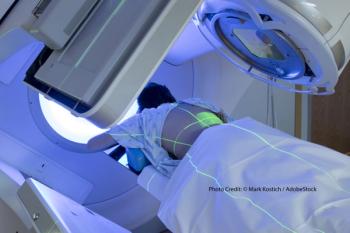
The findings of this study, recently published in JAMA Oncology, directly contradict previously conducted research on the same topic.


